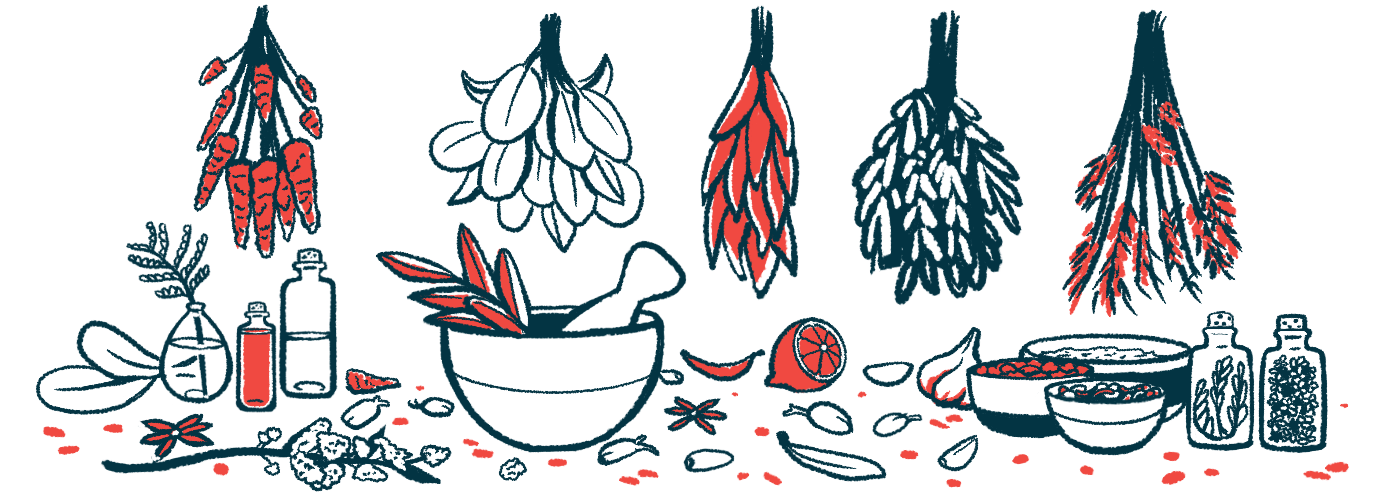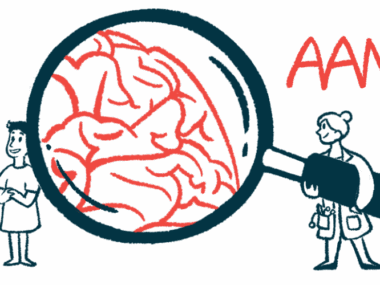Crushed dried seeds of Chinese date ease Parkinson’s in mouse model
Herbal medicine leads to lesser alpha-synuclein buildup, better cognition
Written by |

Crushed dried seeds of the jujube fruit, a traditional herbal medicine also known as Chinese or red date, eased the motor symptoms of Parkinson’s and helped with neurogenesis, the process by which new neurons are formed in the brain, in a mouse model of the disease.
In a study led by Takami Tomiyama, PhD, at Osaka Metropolitan University in Japan, researchers also observed that the ground seeds improved memory in these mice beyond that of healthy mice. In older mice, the powder seemed to slow aging, a key factor contributing to dementia.
“The results of our research will hopefully make it possible to develop dementia prevention products that middle-aged and elderly people can take at their own discretion,” Tomiyama, a specially appointed professor of translational neuroscience at Osaka Metropolitan’s Graduate School of Medicine, said in a university news release.
Jujube seeds have “not only disease-preventing effects but also brain-rejuvenating effects,” the researchers wrote in “Simply crushed Zizyphi spinosi semen prevents neurodegenerative diseases and reverses age-related cognitive decline in mice,” which was published in the journal eLife.
Potential for a herbal medicine that can be used as dietary supplement
Like other neurodegenerative diseases, Parkinson’s is characterized by the accumulation of toxic clumps of protein. In Parkinson’s, a protein called alpha-synuclein takes on an abnormal shape that makes it prone to clumping into disease-causing Lewy bodies, which are toxic to neurons in the brain.
In addition to the well-known motor symptoms of Parkinson’s, patients also can experience a range of nonmotor disease symptoms, including problems with memory and problem solving. Some go on to develop dementia, where cognitive problems become severe enough that they limit daily life.
Tomiyama’s team tested how well Zizyphi spinosi semen, the seeds from a variety of the jujube plant called Ziziphus jujuba Miller variety spinosa, could prevent neurodegenerative diseases. Unlike other herbs used in traditional Chinese medicine to help with memory, these seeds can be taken as a dietary supplement.
Researchers used a Parkinson’s mouse model that develops motor symptoms by 9 months of age. When dried jujube seeds were ground into a simple powder and given daily to 8-month-old mice as a preventive treatment, their motor skills improved to levels comparable to or even beyond healthy mice.
Treatment with these seeds reduced the levels of alpha-synuclein clumps and their buildup in the brain’s hippocampus. In turn, higher levels of brain-derived neurotrophic factor (BDNF), a key protein for neurogenesis, were evident in the cerebral cortex and substantia nigra — two brain regions affected in Parkinson’s.
Zizyphi spinosi semen “simple crush powder … improved [alpha]-synuclein pathology and cognitive/motor function in Parkinson’s disease model mice,” the researchers wrote.
In younger mice, which can be used to model dementia with Lewy bodies, a related condition where cognitive problems precede motor symptoms, the treatment also improved memory, suggesting that the ground seeds help in repairing damaged neurons in neurodegenerative diseases.
Similarly, treatment with the seed powder also improved cognitive and motor function in mouse models of Alzheimer’s disease and frontotemporal dementia.
Powder shows ‘remarkable’ effects on neurodegenerative diseases
When Zizyphi spinosi semen was given daily to older, healthy mice, their cognitive abilities improved to match those of young, untreated mice. This occurred alongside an increase in the levels of BDNF and neurogenesis, and a reduction in markers of aging. Similar, but weaker, effects were observed when the jujube seeds were made into a hot water extract.
“We demonstrated that [these seeds], particularly its non-extracted simple crush powder, has remarkable medicinal effects on neurodegenerative diseases,” the researchers wrote.
The scientists already have shown that other herbs, like Hawaiian mamaki and Acorus gramineus, may ease symptoms of dementia in mice. Working now with Zizyphi spinosi semen, they found its seeds to be “a promising dietary material for the prevention of neurodegenerative diseases and brain aging,” they wrote.
“However,” the team concluded, “since simple crushing is a different processing method than usual, the safety of the long-term intake of [this] powder needs to be confirmed.”



